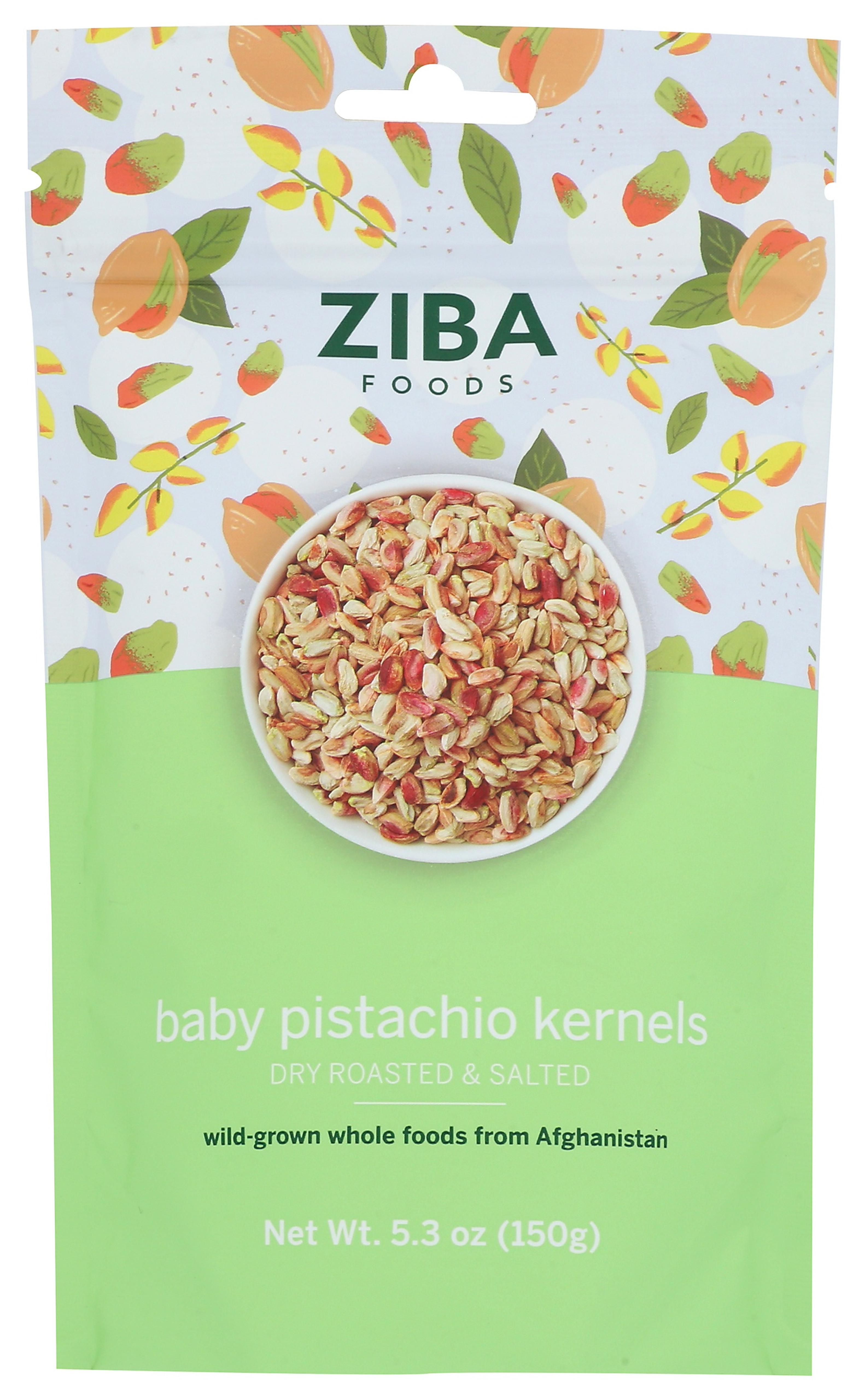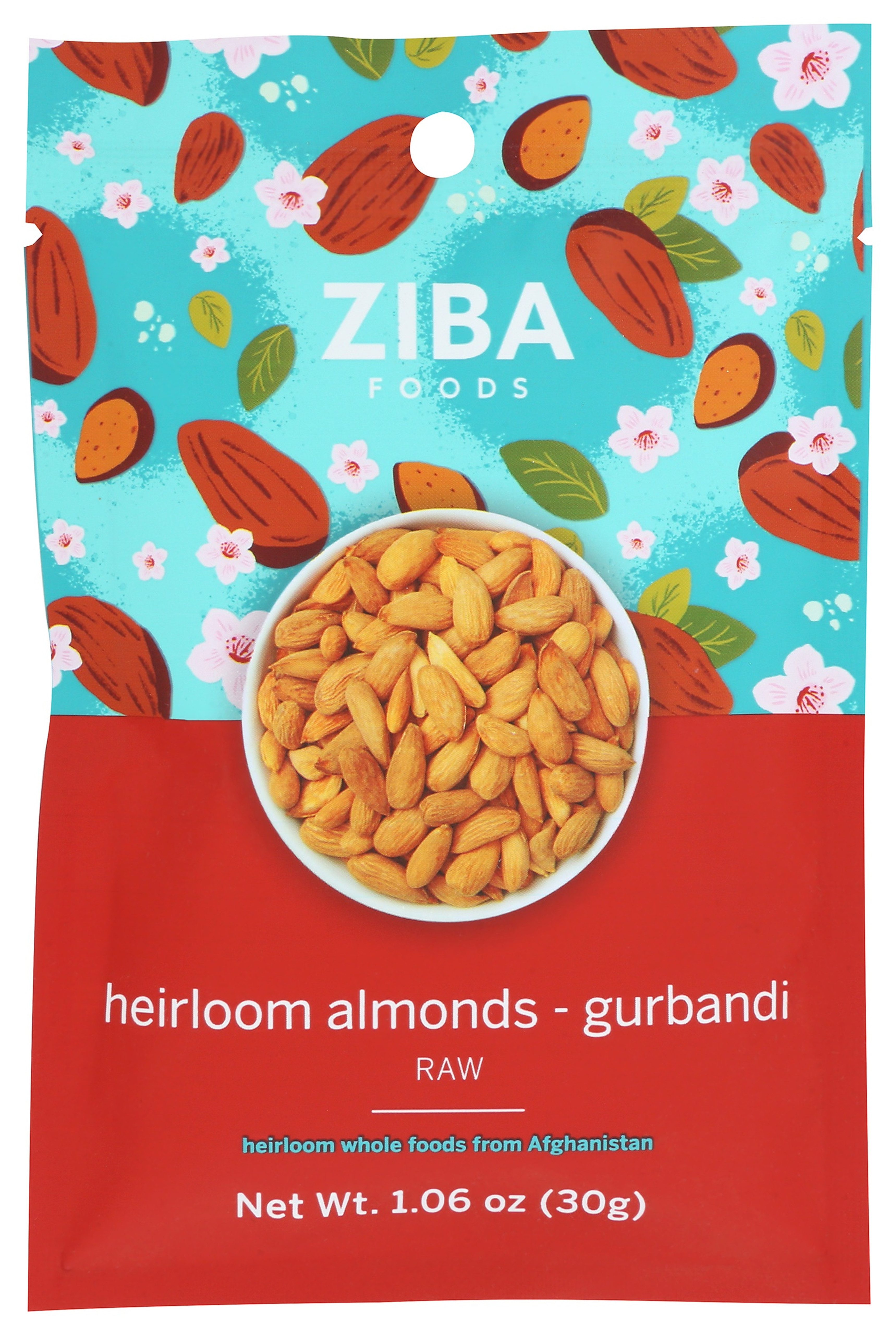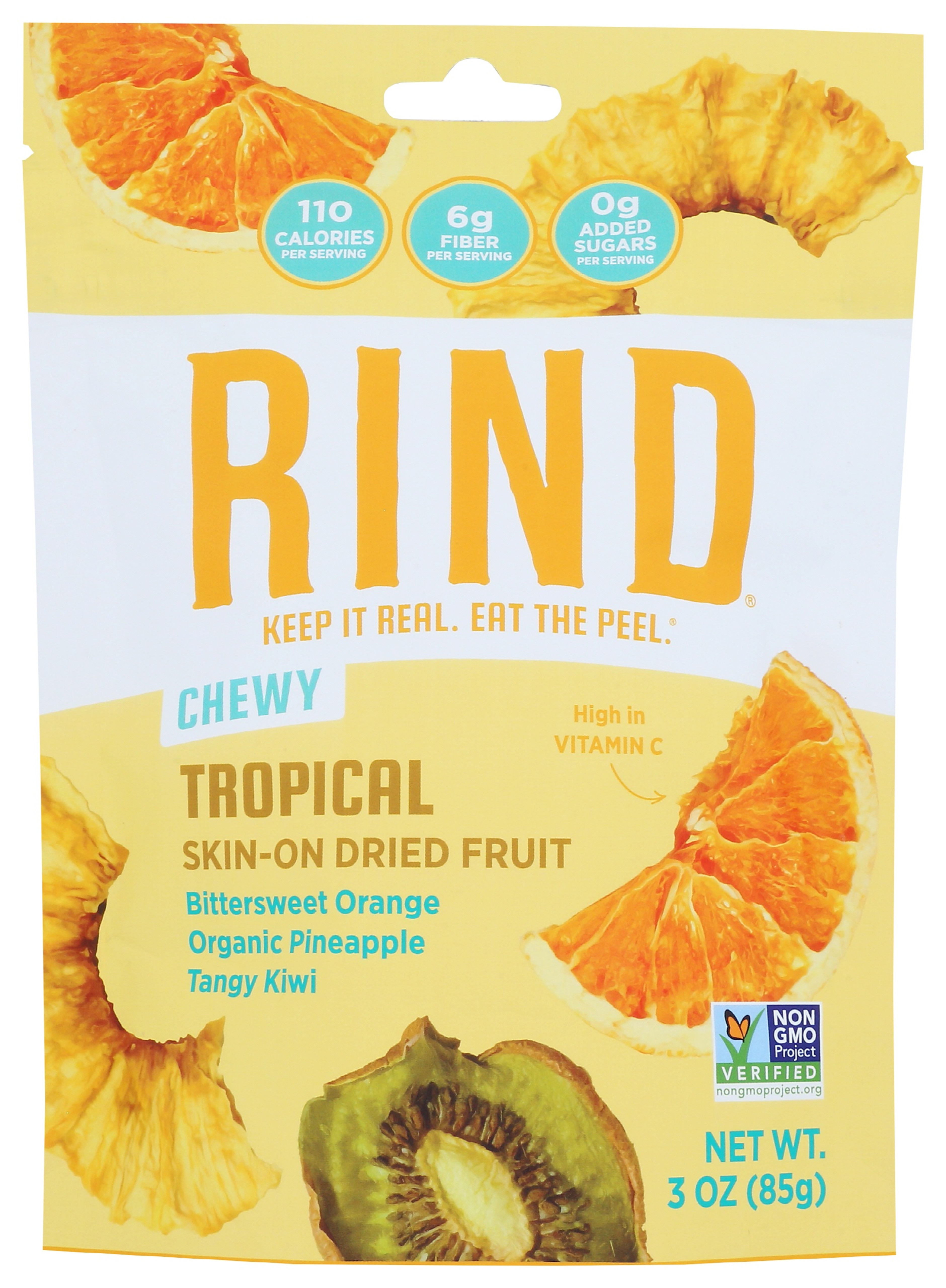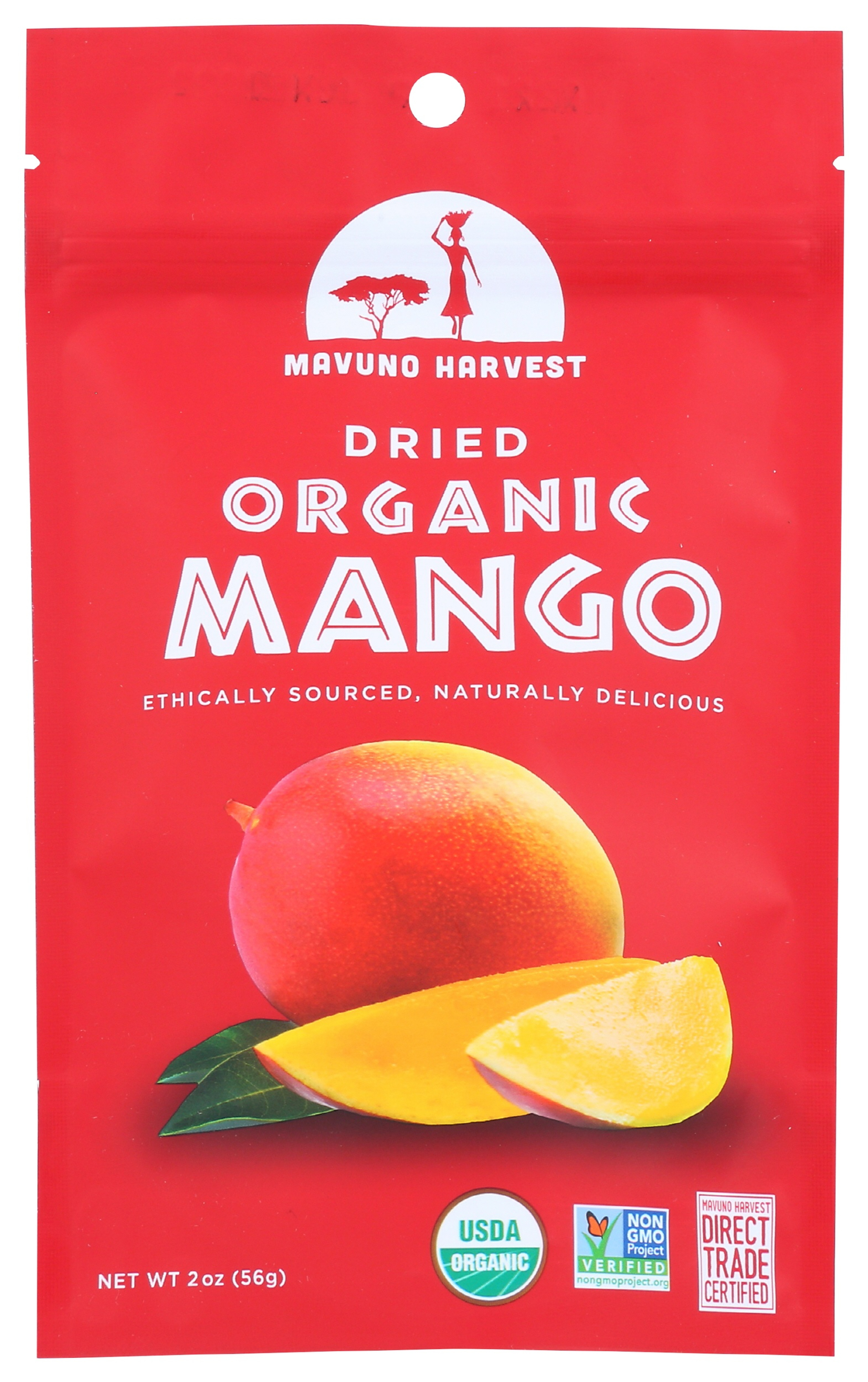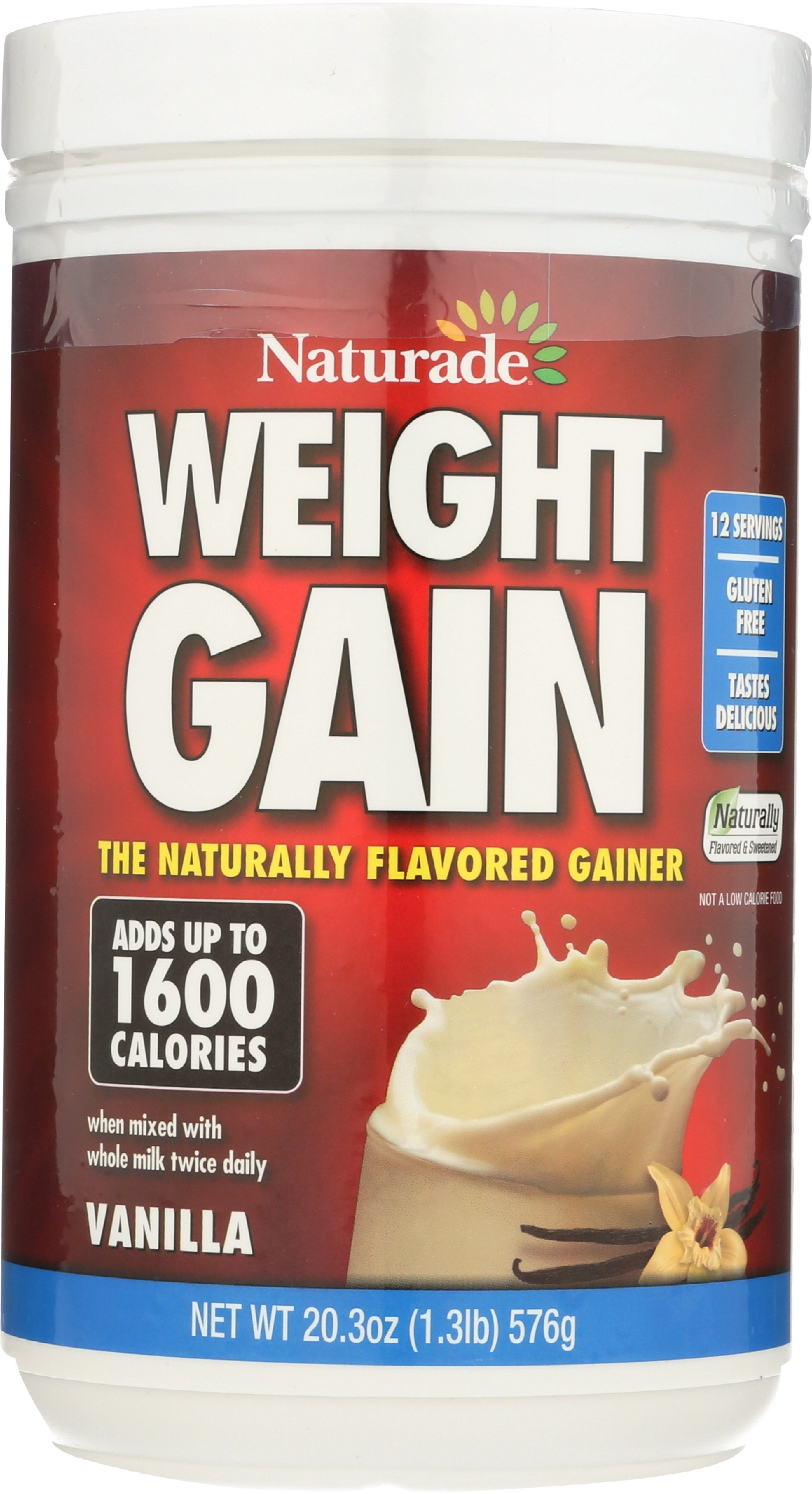Best Supplies for People Who Need to Gain Weight

Written by Chad Birt on Fri Jul 28 2023.

American culture is obsessed with weight loss. But what if you need to gain weight instead?
If you or your loved one are trying to put on pounds, it’s important to take action. Being underweight increases the risk of various health problems, including osteoporosis, malnutrition, and decreased muscle strength.
Thankfully, there are a variety of foods that can help you store fat and build muscle. Below, we highlight some of them and explain how to include them in your diet.
How Can You Tell If You’re Underweight?
The easiest way to determine if you’re underweight is to calculate your body mass index (BMI). BMI estimates your body fat based on your height and weight.
A BMI of 18.5 or below indicates malnourishment, but the calculation has its limitations. For example, many older adults have less muscle mass than younger people, so a BMI reading might underestimate how much fat you’re actually carrying.
The easiest way to calculate your BMI accurately is to make an appointment with your doctor.
Can Tracking Calories Help Me Gain Weight?
Yes. One of the best ways to monitor weight gain is to track the calories you eat. “Tracking calories can help people with losing weight, gaining weight, or maintaining weight,” explains Kiernan Harris, RDN, a registered dietitian and the founder of Nutrition By Kiernan. “It’s a great way to be held accountable and to realize that you might not be eating enough. It can also help you realize how certain foods impact your progress.”
Best Supplies for People Who Need to Gain Weight
If you need to gain body weight, you might be tempted to eat foods with high calorie content, but this isn’t the best approach. Processed snacks and meals are often packed with saturated fats and sugars. These ingredients can help you gain weight, but it’s through fat instead of lean muscle.
Carewell Tip
The items listed below promote body weight gain through healthy, sustainable food choices. If you’re looking for a list of high-protein shakes, protein supplements, and other nutritional shakes to help gain weight and muscle growth, check out this article.
Learn more
[Disclaimer: These items aren’t listed in any particular order. Speak with your doctor or a qualified dietitian or nutritionist before making any changes, as everyone has different nutritional needs.]
1) Nuts
Tree nuts, like almonds, walnuts, and cashews have high fat content and plenty of calories –– both of which can help you gain weight. Nuts are also rich in protein, boosting the production of lean muscle.
When eating nuts, remember that a little goes a long way. Because nuts are calorie-dense, portion control is crucial.
We carry several types of raw nuts from Ziba Foods, including baby pistachio kernels and heirloom gurbandi almonds.
2) Avocado
Avocado is an excellent complement to any smoothie or burrito. It makes a great dip too! Furthermore, Avocados are packed with monounsaturated fat ––or healthy fat –– and one fruit contains about 300 calories.
By adding avocado to salads and sandwiches, or as a side with breakfast, you can boost your calorie intake without skimping on nutrients.
3) Dried Fruit
Dried fruits aren’t recommended for those on low carb diets, but they’re an excellent snack if you’re trying to gain weight. That’s because dried fruit has more sugar and calories than fresh fruit.
Replacing lower-calorie snacks with a handful of dried fruit is an easy way to combat a calorie deficit. Just make sure to eat it in moderation. Because dried fruit is loaded with fiber, too much increases the risk of gastrointestinal problems, like bloating, gas, and diarrhea.
4) Granola
Granola is a mix of rolled oats, seeds, nuts, and honey. It’s often used as a breakfast cereal, but can also be added to baked goods or eaten as a snack.
Many people consider granola a healthy food. While it does offer some nutritional benefits, it’s high in calories and contains a significant amount of fat and sugar. As a result, it’s worth adding to your snack rotation if you need to put on weight.
Caregiver Tip
Add whole-fat milk, creamy yogurt, or dried fruit to granola to increase calorie density.
5) Naturade Weight Gain Powder
Naturade is a nutrient-dense food powder, formulated to increase your caloric intake and assist with weight gain. It contains three natural enzymes and no stimulants or steroids. Keeping Naturade weight gain powder in your kitchen can increase your calorie consumption by up to 1600 calories per day. The powder mixes well with whole milk and has a delicious vanilla flavor.
6) Whole Milk
Cow’s milk is found in a variety of foods, including cakes, cookies, scrambled eggs, and smoothies. It’s also a great way to increase your calorie intake, assuming you use the right type.
Whole milk, in particular, has more fat and higher calorie content, than skim, 2%, and nut milk. Include whole milk in recipes that require a splash of dairy. You can also mix it into your favorite beverages, such as coffee and herbal tea.
7) Ice Cream
A single serving of vanilla ice cream (about ½ cup) has 137 calories, while butter pecan contains even more –– approximately 280 calories. Though you shouldn’t eat ice cream every day, if you’re trying to gain body weight quickly, it’s a delicious snack to include in your arsenal.
To make a bowl of ice cream even more calorically dense, add nuts, dried fruit, seeds, or chocolate syrup. Nowadays, there are even lactose-free ice creams for people with lactose intolerance.
8) Beef
Beef is like ice cream in that it should be eaten in moderation. But if you’re trying to gain weight it’s one of the fattiest and calorically dense proteins.
Some cuts of beef are better for putting on pounds than others. For example, New York strip, ribeye, chuck eye, and strip steak have higher fat content than leaner cuts like top sirloin and flank steak.
9) Bananas
Did you know that bananas are one of the most popular fruits in the world? Rightfully so. They’re tasty, easy to eat, and packed with vitamins and nutrients. What you might not know is that they can also help you gain weight!
In fact, a medium-sized banana has 105 calories, 27 grams of carbohydrates, and one gram of protein. You can increase the calorie count even more by adding a banana to foods like granola, whole-fat yogurt, or a whole milk smoothie.
Gaining Weight - Commonly Asked Questions
1) How can I motivate myself to gain weight?
Gaining weight can be difficult if you’re a picky eater, don’t have much of an appetite, or are living with an underlying medical condition that makes it hard to chew and swallow.
To keep motivation high throughout the day, we recommend:
Eating small meals and snacks throughout the day
Drinking lots of high-calorie fluids
Consuming lots of protein
Choosing high-calorie ingredients over those that are less calorically dense
2) Who should I talk to if I want to gain weight?
Gaining weight is a lot like losing weight in that it requires a plan and a willingness to stick to the plan. Since many older adults have underlying health problems and take prescription medication, weight gain isn’t something you should start on your own.
Make an appointment with your doctor, a dietitian, or a nutritionist. A trained professional can develop a diet plan that aligns with your specific needs, ensuring you achieve your goals without risking your health.
3) Does being underweight increase my risk of health problems?
It can. Various studies have shown a link between being underweight and more serious health problems, including osteoporosis, sarcopenia (age-related muscle wasting), and even dementia.
If you’re concerned about rapid weight loss in yourself or a loved one, don’t wait to seek treatment.
4) Is there anyone who shouldn’t count calories?
“Counting calories can be a great tool when trying to gain or lose weight but for some may not be the best practice,” Harris says. “For example, if someone has a history of an eating disorder such as anorexia, bulimia, binge eating or restricting disorder, calorie counting can cause harm. Most patient’s I work with are able to use a simple app like My Fitness Pal to count calories with little to no help needed. These apps really do make it easy to gain weight and can even break down protein, fat and sometimes micronutrients.”
Takeaways
Being underweight is a common problem that many older adults face. And, if you’re a caretaker, seeing your loved one shed pounds can be worrisome. By incorporating calorie-dense foods into meals and snacks, weight gain is possible.
Need help getting started? We’re happy to assist. Call (800) 696-CARE or send an email to support@carewell.com. Our Care Specialists speak English and Spanish and are familiar with all of the items we carry. Get in touch –– nutrition is one of our many areas of expertise!
Other Articles You May Like

How To Get Your Appetite Back - A Caregiver's Guide to Helping a Loved One Eat More After Illness or Surgery
After illness or surgery, many people find they no longer have as big of an appetite. This phenomenon affects people of all ages but is particularly common in seniors.
Read More >
The Best Nutrition Drinks for Adults and Seniors for 2025
Scratching your head and wondering about the many flavors, consistencies, and ingredients in the wide range of nutrition drinks on the market today? Wonder no more! We’ve put together some frequently asked questions from our members, along with a list of our best-selling nutrition shakes and drinks for adults.
Read More >
Chad Birt is a freelance medical writer who resides in Astoria, Oregon. When he isn't behind a keyboard, you can find him hiking, camping, or birdwatching with his wife Ella and their two dogs, Diane and Thoreau.
